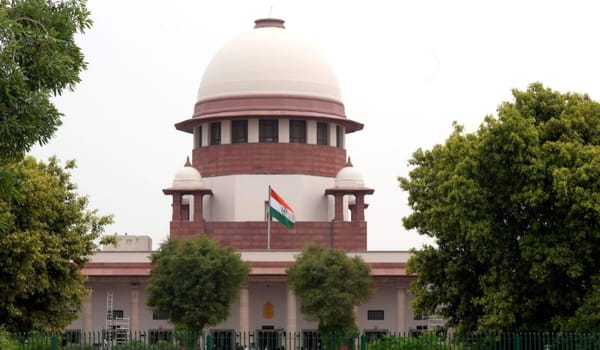Understanding the Enforcement Directorate: Legal Framework and Operational Scope

Introduction
The Enforcement Directorate (ED) continues to dominate headlines as one of India’s most powerful investigative bodies. Entrusted with curbing financial crimes and tracking illegal money trails, the ED plays a crucial role in enforcing laws like the Prevention of Money Laundering Act, 2002 (PMLA) and the Foreign Exchange Management Act, 1999 (FEMA). While its operations have expanded over the years, so has the scrutiny over its methods, constitutional validity, and political neutrality.
The Enforcement Directorate was not created by a standalone statute. Instead, it derives its powers through several key laws—primarily the PMLA and FEMA. Its primary objective is to investigate and prosecute offences related to money laundering, foreign exchange violations, and economic frauds.
Under the PMLA, the ED can trace and attach properties believed to be acquired through criminal proceeds, arrest individuals involved in money laundering, and prosecute them before special courts. Under FEMA it focuses on non-criminal contraventions involving cross-border financial irregularities. The Fugitive Economic Offenders Act, 2018 further empowers it to confiscate assets of individuals who evade the legal process by remaining abroad.
Key Legal Powers and Procedures
The ED enjoys wide-ranging powers, including the authority to arrest individuals without a prior FIR, search and seize properties and documents, attach assets suspected to be proceeds of crime, and summon persons for statements. Once property is provisionally attached, it must be confirmed by the adjudicating authority within 180 days.
The statutory functions of the Directorate include enforcement of following Acts:
1. The Prevention of Money Laundering Act, 2002 (PMLA):
It is a criminal law enacted to prevent money laundering and to provide for confiscation of property derived from, or involved in, money-laundering and for matters connected therewith or incidental thereto. ED has been given the responsibility to enforce the provisions of the PMLA by conducting investigation to trace the assets derived from proceeds of crime, to provisionally attach the property and to ensure prosecution of the offenders and confiscation of the property by the Special court.
2. The Foreign Exchange Management Act, 1999 (FEMA):
It is a civil law enacted to consolidate and amend the laws relating to facilitate external trade and payments and to promote the orderly development and maintenance of foreign exchange market in India. ED has been given the responsibility to conduct investigation into suspected contraventions of foreign exchange laws and regulations, to adjudicate and impose penalties on those adjudged to have contravened the law.
3. The Fugitive Economic Offenders Act, 2018 (FEOA):
This law was enacted to deter economic offenders from evading the process of Indian law by remaining outside the jurisdiction of Indian courts. It is a law whereby Directorate is mandated to attach the properties of the fugitive economic offenders who have escaped from the India warranting arrest and provide for the confiscation of their properties to the Central Government.
4. The Foreign Exchange Regulation Act, 1973 (FERA):
The main functions under the repealed FERA are to adjudicate the Show Cause Notices issued under the the said Act upto 31.5.2002 for the alleged contraventions of the Act which may result in imposition of penalties and to pursue prosecutions launched under FERA in the concerned courts.
5. Sponsoring agency under COFEPOSA:
Under the Conservation of Foreign Exchange and Prevention of Smuggling Activities Act, 1974 (COFEPOSA), this Directorate is empowered to sponsor cases of preventive detention with regard to contraventions of FEMA.
Unlike regular police agencies, the ED’s actions are not directly supervised by magistrate courts—making judicial safeguards, like the recent Supreme Court ruling, even more essential.
Conclusion
The Enforcement Directorate today occupies a central role in India’s battle against financial crime. While its powers are vast, the recent judicial pushback is a reminder that investigative efficiency must go hand-in-hand with constitutional accountability.
As economic crimes become more complex and global in scale, India needs a well-equipped and impartial ED. But to maintain public trust, the agency must operate within a legal framework that prioritizes due process, transparency, and fairness. The developments of 2025 may mark the beginning of a more balanced and rights-conscious enforcement regime.
Join our WhatsApp group for more updates!
Visit Legalwiki.co for more legal updates.




